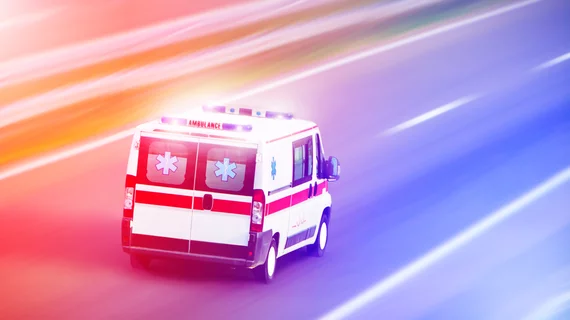SCAI shares thorough guidance on out-of-hospital cardiac arrest
The Society of Cardiovascular Angiography and Interventions (SCAI) has shared a new guidance detailing the management of patients with out-of-hospital cardiac arrest (OHCA).
The guidance, published in full in Catheterization & Cardiovascular Interventions, was presented during the SCAI 2020 Scientific Sessions Virtual Conference.
“OHCA remains a significant public health problem with high mortality and morbidity,” wrote lead author Amir Lotfi, MD, chair of the writing group behind the guidance and an interventional cardiologist at Baystate Cardiology in Springfield, Massachusetts, and colleagues. “The true magnitude of mortality and morbidity from OHCA is unknown due to the lack of mandatory reporting, unified national surveillance systems, difficulty in accounting for cases not attended by emergency medical services, variability in existing reporting systems and a paucity of data regarding long term neurological and functional outcomes.”
The authors noted that situation awareness is key when treating OHCA patients due to the wide variety of circumstances that can surround each incident. Pre-hospital data, medical histories, comorbidities, the patient’s care-related wishes and any other known details should all be taken into account when making treatment decisions.
“We emphasized that out of hospital cardiac arrest treatment is a continuum from pre-hospital, hospital, and post-hospital care which requires a multidisciplinary approach to enhance both survival and return to a good quality of life,” Lotfi said in a statement. “With this document, our goal is to increase standardized language and decrease variation in care in order to improve outcome.”

